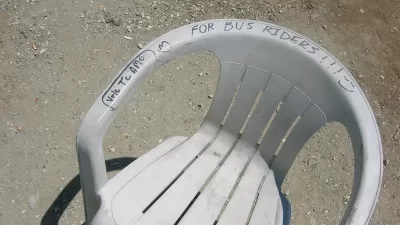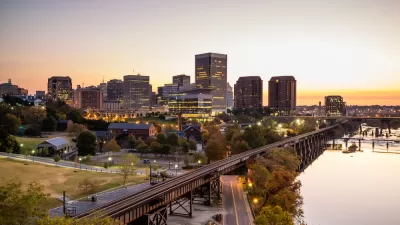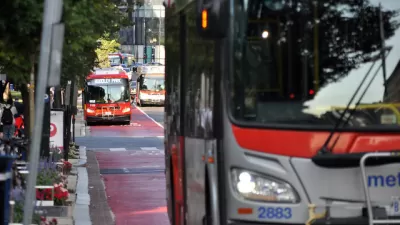Decision makers in cities can mistake their own preferences for the preferences of the city as a whole, which is doubly dangerous when elite preferences become the law of the land.

The loudest voices in shaping cities can be a non-representative sample, Jarret Walker argues in a piece for his blog Human Transit. Cities need to serve everyone. Aiming for solutions that serves a city's richest is dangerous, because, "The mistake is to forget that elites are always a minority, and that planning a city or transport network around the needs of a minority routinely yields an outcome that doesn’t work for the vast majority," Walker says.
The problem of what Walker calls “elite protectionism” is at the root of the obsession with the last-mile problem and the reason for prizing outlandish solutions over practical ones. "Large fixed-route buses are the only form of transit that can quickly scale to an entire city while still using scarce urban space with extreme efficiency. Yet many urban elites assume (subtly or overtly) that bus service doesn’t matter because it’s not useful to them personally," Walker writes.
FULL STORY: The Dangers of Elite Projection

Alabama: Trump Terminates Settlements for Black Communities Harmed By Raw Sewage
Trump deemed the landmark civil rights agreement “illegal DEI and environmental justice policy.”

Study: Maui’s Plan to Convert Vacation Rentals to Long-Term Housing Could Cause Nearly $1 Billion Economic Loss
The plan would reduce visitor accommodation by 25% resulting in 1,900 jobs lost.

Planetizen Federal Action Tracker
A weekly monitor of how Trump’s orders and actions are impacting planners and planning in America.

Wind Energy on the Rise Despite Federal Policy Reversal
The Trump administration is revoking federal support for renewable energy, but demand for new projects continues unabated.

Passengers Flock to Caltrain After Electrification
The new electric trains are running faster and more reliably, leading to strong ridership growth on the Bay Area rail system.

Texas Churches Rally Behind ‘Yes in God’s Back Yard’ Legislation
Religious leaders want the state to reduce zoning regulations to streamline leasing church-owned land to housing developers.
Urban Design for Planners 1: Software Tools
This six-course series explores essential urban design concepts using open source software and equips planners with the tools they need to participate fully in the urban design process.
Planning for Universal Design
Learn the tools for implementing Universal Design in planning regulations.
Caltrans
Smith Gee Studio
Institute for Housing and Urban Development Studies (IHS)
City of Grandview
Harvard GSD Executive Education
Toledo-Lucas County Plan Commissions
Salt Lake City
NYU Wagner Graduate School of Public Service





























